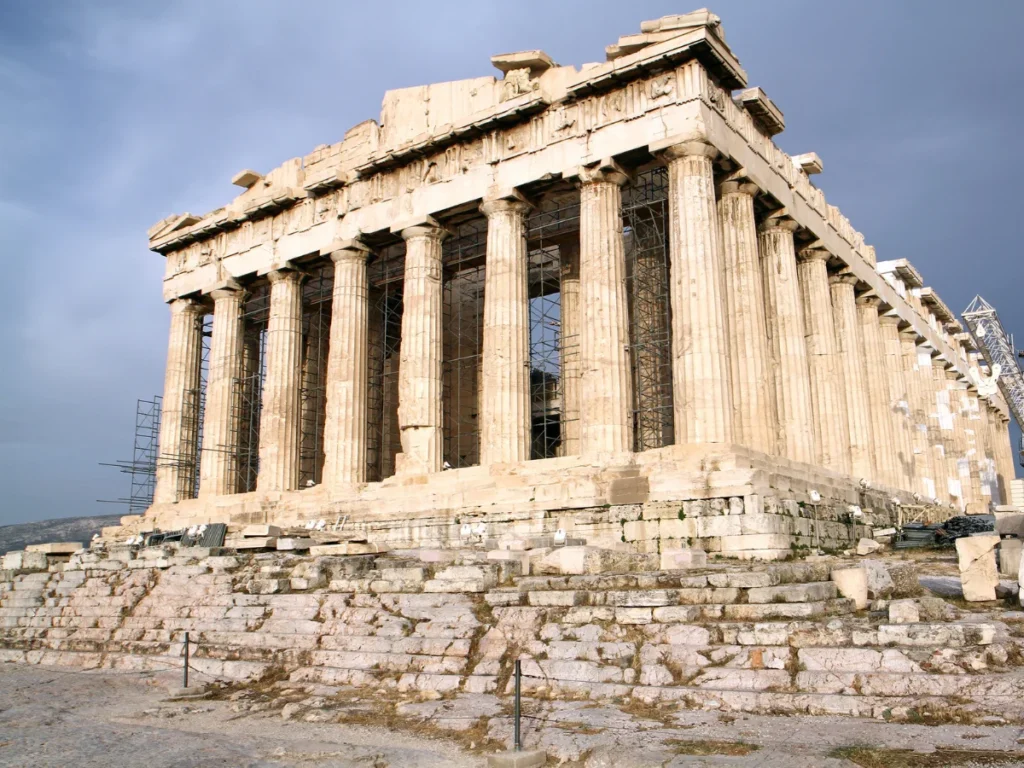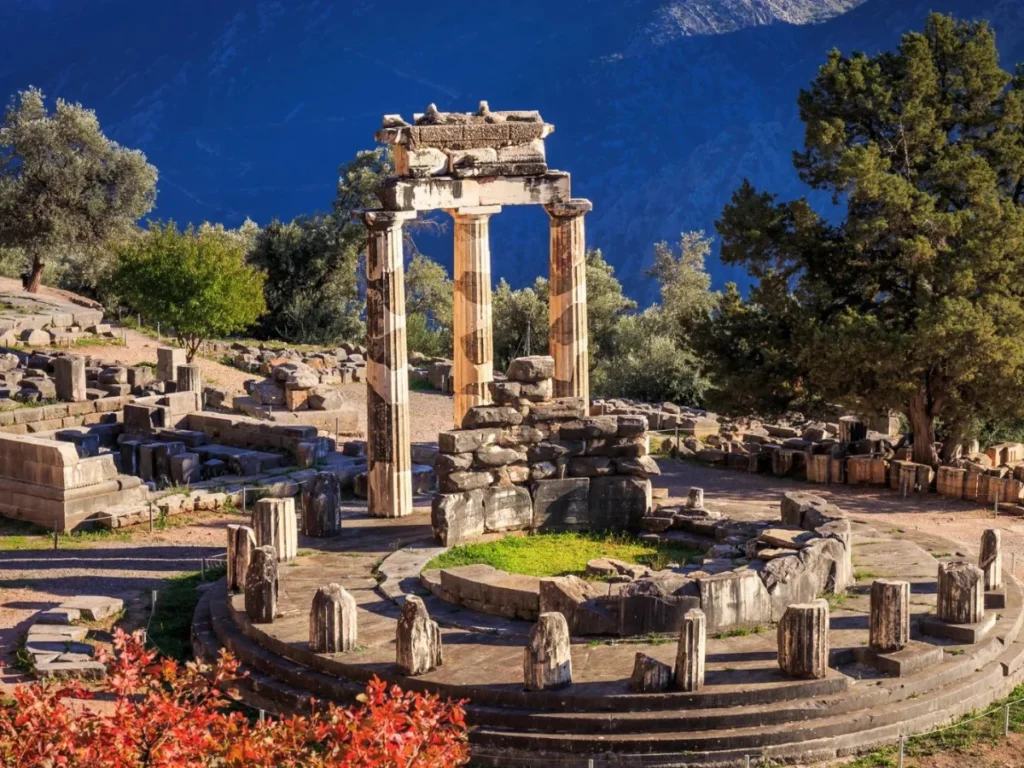King Darius III of Persia
King Darius III of Persia, who ruled over a vast empire with a Zoroastrian religious foundation, faced his most significant challenge in the form of Alexander the Great. Their decisive battles, including Gaugamela, led to Darius’s ultimate defeat, marking the end of the Achaemenid Persian Empire. This historical clash between East and West reverberated through the ages, shaping the course of ancient world history and Alexander’s enduring legacy as a conqueror.

King Darius III of Persia
The Persian Empire’s Magnitude and Religion
The Persian Empire, under the reign of King Darius III, was a vast and powerful realm that stretched across three continents. By the 4th century BCE, it encompassed territories from Asia Minor to Egypt and as far as the Indus Valley. The empire was characterized by its Zoroastrian religion, which emphasized the dualistic struggle between good and evil.
Darius III’s Ascent to Power
Darius III, originally named Artashata, ascended to the Persian throne in 336 BCE after the assassination of Artaxerxes IV. He faced a challenging task of uniting a diverse and sprawling empire, as well as dealing with external threats from the Macedonian conqueror, Alexander the Great.
Darius III and Alexander’s Conflict
The clash between Darius III and Alexander the Great in the 4th century BCE marked a pivotal moment in history. Darius, aware of the formidable Macedonian army, sought to defend his empire. The decisive battles of Granicus, Issus, and Gaugamela ensued, with varying outcomes.
Defeats and Fall
Despite Darius III’s efforts, he faced defeat at the hands of Alexander’s brilliant tactics. The Battle of Gaugamela in 331 BCE proved to be a turning point, leading to the fall of the Persian Empire. Darius’s empire, which had once stretched far and wide, rapidly crumbled.
Legacy and Historical Significance
Darius III’s reign marked the end of the Achaemenid Persian Empire. A chapter in history that significantly influenced the cultures and civilizations of its conquered lands. His struggle against Alexander the Great remains a prominent historical event, illustrating the clash of two great powers and the transformative impact of conquest on ancient empires.
In conclusion, King Darius III’s rule over the vast Persian Empire, with its Zoroastrian religion, came to an end during his tumultuous conflict with Alexander the Great. This period in history witnessed the demise of a once-mighty empire and the rise of a new era under Macedonian control.
More History

Rediscovery of Hermetic texts
Scholars and seekers played a pivotal role in the rediscovery of Hermetic texts during the Renaissance. They sought and translated these manuscripts, unveiling the profound wisdom of Hermeticism.

Pithoigia at Anthesteria
Pithoigia was a vibrant festival celebrated during Anthesteria in ancient Greece. It featured joyful processions, the opening of wine jars, and communal revelry, marking the transition from winter to spring.

Theban Sacred Band
The Theban Sacred Band, a renowned military unit in ancient Greece, was composed of 150 pairs of male lovers, known for their exceptional valor and unwavering dedication to each other.
